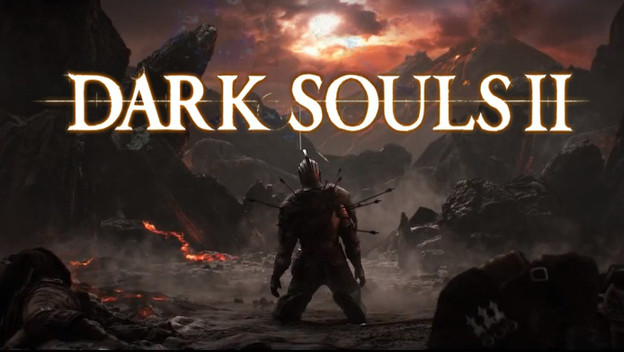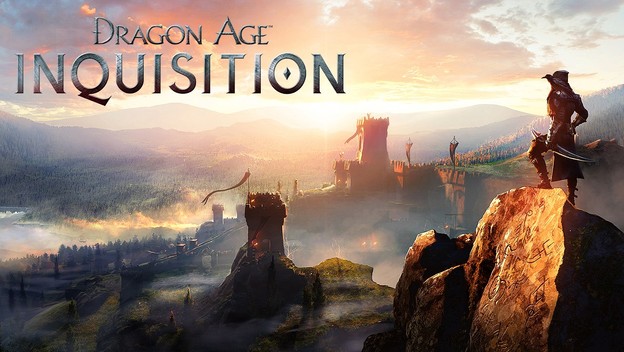Quick, name your game of the year of 2014! Cool, cool, that was a good one (I mean I’m just a assuming, considering this is text and we aren’t really having a discussion.) OK, now name your game of the first two months of 2014. Is that harder? First four months? How long of a period do I have to give you before you can easily recall a “best of” game?
Human memory works in funky ways. Recent experiences tend to carry more profound emotional weight than less recent ones. However, nostalgic experiences, i.e. experiences that have occurred so long ago that they are colored with our fondness for times past, carry even more emotional weight. As a result, there is this interesting bell curve of how emotionally we react to experiences we have had, with high levels in the close present and far past, and low levels everywhere in the middle.
Let’s look at some concrete examples. When you ask people “what is the greatest game of all time” you almost always get answers from times past. Games like Chrono Trigger , Super Mario Bros. 3 , Super Metroid , Final Fantasy 7 , Goldeneye , The Legend of Zelda: A Link to the Past , and more make this list. You rarely hear someone nominate a game that came out in recent days, no matter how well they are received. Our childhood experiences are viewed through rose-colored glasses, unless it is actually true that our games these days are just of a lower caliber than games from the past.
Similarly, look at games that won “game of the year” last year.
Edge Magazine, Moby Games – Bayonetta 2 (October)
Academy of Interactive Arts and Sciences, EGM, Game Informer, Game Revolution, Gamespot Reader’s Choice, Good Game, IGN, Yahoo! Games, Polygon, The Game Awards – Dragon Age: Inquisition (November)
GameFAQs, Metacritic – Super Smash Bros. (November)
GamesRadar – Destiny (September)
Gamespot, Giant Bomb, Joystiq – Shadows of Mordor (September)
Slant Magazine – Persona Q: Shadow of the Labyrinth (November)
All of these titles were released in the final quarter of the year, from late September to December. There are a couple publications that did give the award to outliers, however.
Time – 80 Days (July)
Golden Joystick – Dark Souls II (March)
Gametrailers – Hearthstone (March)
Eurogamer – Mario Kart 8 (May)
So that’s nineteen winners in the last quarter, or near the last quarter, and four from other points in the year. Now many people could say this is just because Dragon Age: Inquisition was so overwhelmingly chosen as the winner last year. But even removing Inquisition , there are still nine winners from the last half of the year.
When I present this data to people I tend to get reactions like “Oh yeah, Dark Souls II did come out that year!”
That’s the key. We don’t really remember the games that come out earlier in the year as vividly as we do games that came out in the last few months. If you examine other years you’ll see the same pattern arise. Similarly, if you ask someone about the best game of the past two years or so, you’ll find that their responses cluster around more recent games. But as you start going back to three years, four years, and longer, you’ll see they either cluster toward recent games, or games toward the very beginning of your timeline. However, this only applies if you do not give someone a list of releases. If you give people access to the Wikipedia page of yearly releases, suddenly their answers start showing up all over the calendar.

There’s no real good way to fix this problem. Human memory can’t be upgraded to human memory 2.0 just yet. But we can rectify this by adjusting how we do game awards. Instead of doing a game of the year, why not do “game of the quarter?” Sure there may not be as much pomp and circumstance around such an award, but at least our recollection will be a bit more accurate.
What do you think? Do you think our game of the year awards are too influenced by the nature of human memory? Let us know in the comments.
